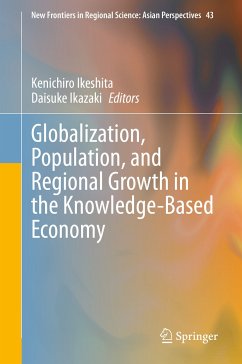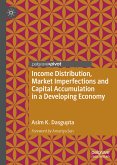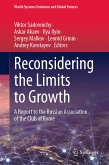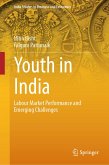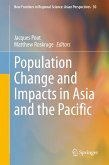This book provides the reader with the analytical framework to investigate how these structural changes affect regional economic growth. Moreover, the book covers topics such as foreign direct investment, quality of institutions, intergenerational conflict, education policies, and household fertility decision, all of which are comprehensively explained from the point of view of economic growth. Therefore, the scope of this volume is not only contemporary but also important for going beyond the usual regional economics and growth literature. This work is highly recommended to academic researchers and students who are interested in various aspects of regional economic growth.
Dieser Download kann aus rechtlichen Gründen nur mit Rechnungsadresse in A, B, BG, CY, CZ, D, DK, EW, E, FIN, F, GR, HR, H, IRL, I, LT, L, LR, M, NL, PL, P, R, S, SLO, SK ausgeliefert werden.

